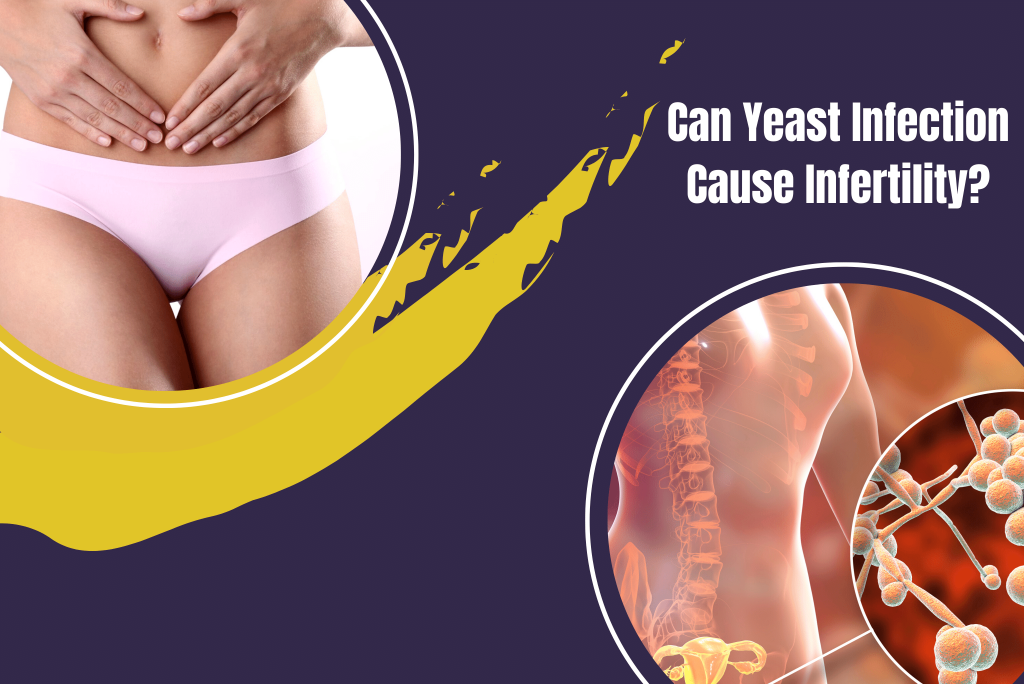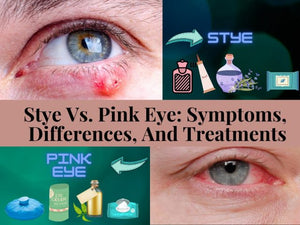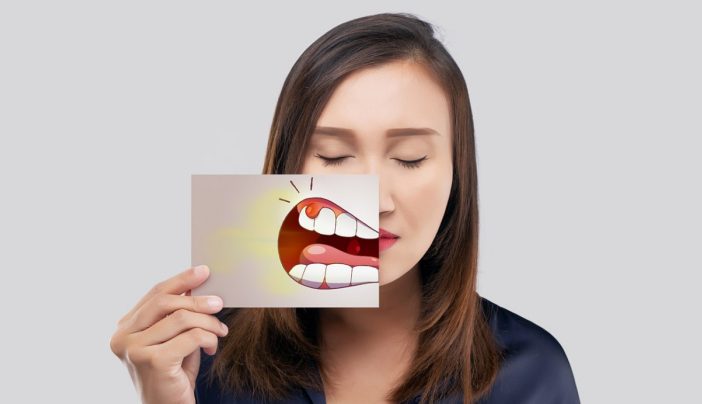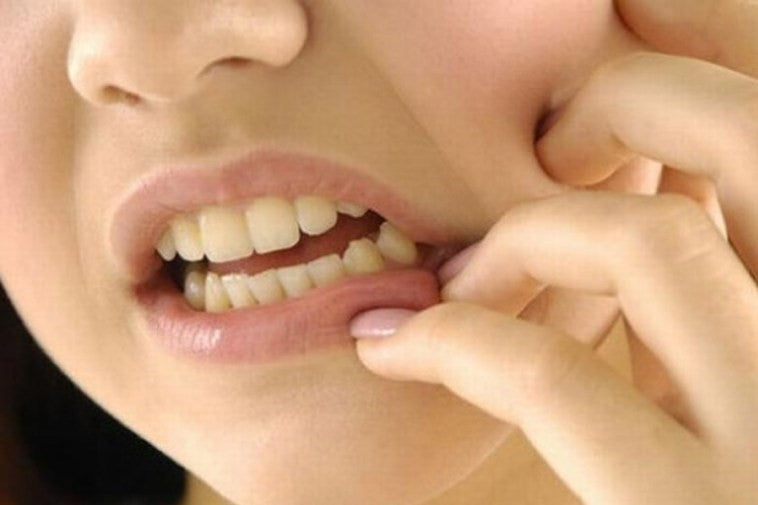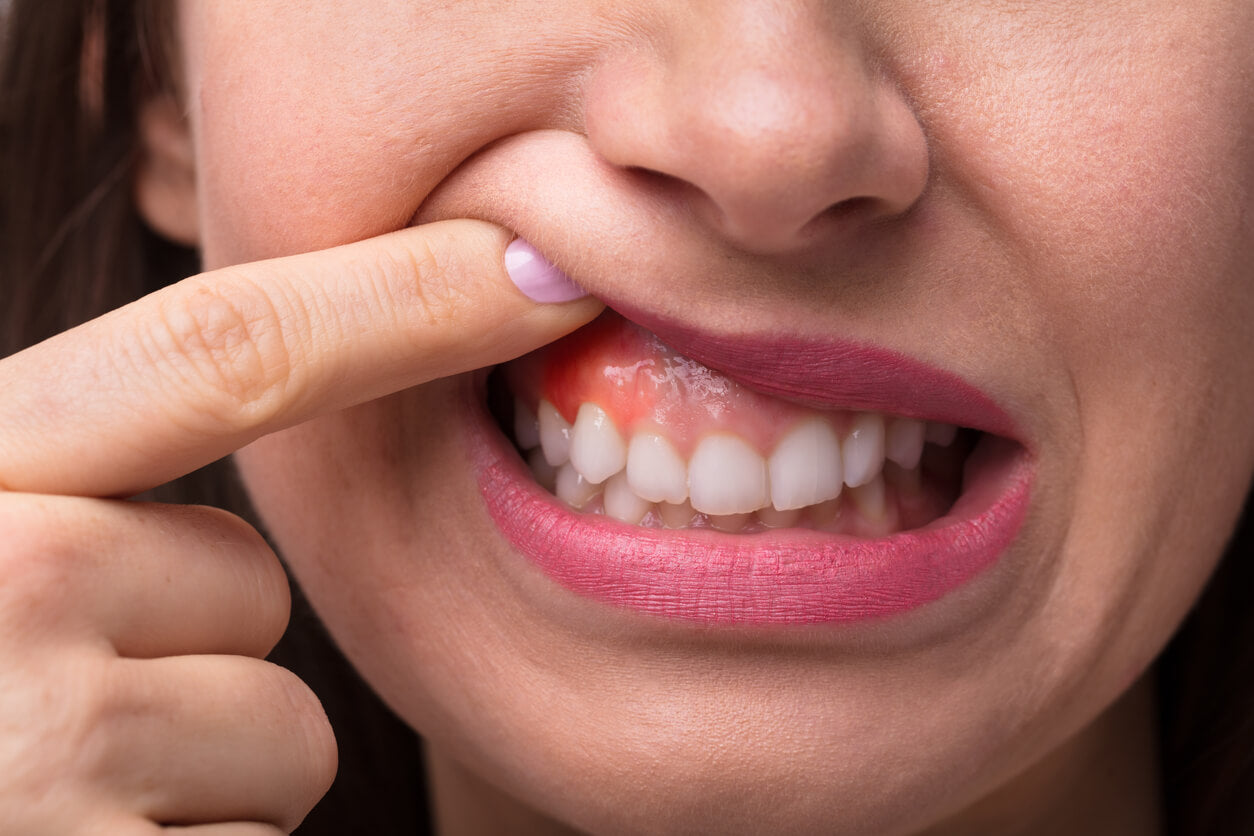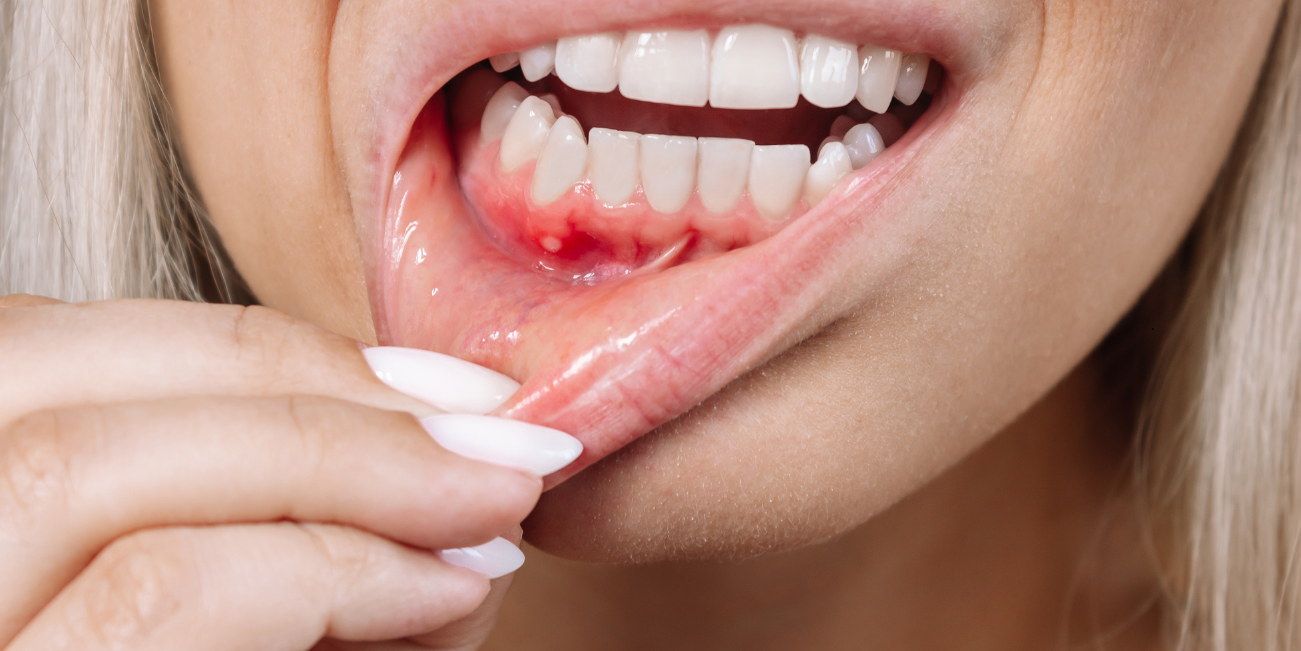Almost 75 per cent of women around the globe acquire vaginal yeast infections at some point in their life. Probably, from twice to even more episodic infections, many of which are left untreated. The major reason behind this disregard is a lack of knowledge, proper information, and guidance. Many patients leave yeast infections untreated and face various deleterious consequences. Nevertheless, can yeast infection cause infertility?

Theoretically, there is no clear-cut answer best for all such cases. Because the degree of negative impact on fertility depends on the severity and management outcome of yeast infection that in turn varies with the individual health. Before concluding, it\’s important to understand whether a person is suffering from a yeast infection or any other condition that indirectly affects their fertility.
Vaginal Yeast Infection:
Vaginal yeast infection is also known as vaginal candidiasis or simply a fungal infection that primarily infects female genitalia. Approximately, 90 per cent of cases of vaginal candidiasis are caused by Candida albicans. Yeasts such as Candida albicans, an opportunistic pathogen, contribute to the normal flora of human bodies. Nevertheless, they can become virulent when they multiply under unhealthy conditions.
Yeast infection is accompanied by an irritating discharge without odour, inflammation, burning sensation of the vulva and vagina. The degree of itchiness, redness, pain and burning depends on the severity and duration of the infection. In addition, improper sanitation practices may exacerbate the condition.
Signs And Symptoms:
- Moderate to severe itchiness of the vulva and vagina
- Redness and inflammation
- Odor-free, thick cottage cheese-like vaginal discharge
- Burning sensation
- Pain during intercourse or urination
- Watery discharge in some cases
Causes:
The major cause of yeast infection is the imbalance in the proportion of natural microbe Candida albicans in the vagina. Anyhow, there are the following other reasons for this yeast proliferation.
Immunocompromised Condition:
Immunocompromised health refers to the state in which the person’s immune system becomes weak and debilitated. It usually happens when a person is suffering from any chronic disease attacking immune cells e.g. AIDS (Acquired Immunodeficiency Syndrome) caused by HIV (Human Immunodeficiency Virus).
Moreover, the immune system of patients suffering from cancer and receiving chemotherapy also becomes susceptible. Therefore, a person in such an unhealthy state is vulnerable to the invasion of microbes leading to serious infections. Preventive health measures and critical hygiene are essential to avoiding yeast infections.
Medication Use:
Prolonged antibiotic use can destroy the good bacteria present in different regions of our body. For example, lactobacilli, the normally present flora in the vagina maintains its pH balance of around 4.5. Excessive intake of antibiotics( bacteria-killing drugs) can reduce the number of lactobacilli that can in turn alter the normal acidic pH of the vagina. Consequently, that chemically altered environment becomes favourable for the multiplication of opportunistic pathogens; Candida albicans leading to yeast infection.
Similarly, steroidal drugs can also destroy the good bacteria protecting your body against bad bacteria. Another mechanism by which steroids enhance the risk of yeast infections is weakening and slowing down the immune response. A weakened immune system makes the body prone to infections.
Hormonal Changes:
A female encounters many hormonal changes during ovulation, pregnancy, childbirth, menopause, and hormonal replacement therapy. Such hormonal shifts alter the normal level of progesterone and estrogen. Elevated levels of estrogen cause Candida to multiply and result in infection.
Medical Conditions:
Diabetes Mellitus is a medical condition that causes a reduction in glycogen levels in vaginal cells. Moreover, it also results in elevated pH of the vaginal tract favourable for fungal multiplication and infection.
Clothing Errors:
Underwear made from synthetic materials like polyester is fitted and tight. Such material can entrap moisture and dry slowly, thereby promoting fungal infections. Prefer using pure cotton undergarments to avoid frequent vaginal yeast infections.
Can A Yeast Infection Cause Infertility? The Best Answer:
If a person occasionally suffers from yeast infection, basic treatment and management can help heal the condition soon. Nevertheless, if a person frequently encounters yeast infection, it’s more likely that the treatment protocol and preventive measures will be followed for a long. In that case, physicians recommend limiting or avoiding sexual intercourse. Thus, limited sexual intercourse at improper times prevents fertilization.
Another deleterious effect of recurrent vaginal yeast infections is the disruption of the normal consistency of cervical mucus. Cervical mucus controls the release pattern and transport of sperms in the vaginal tract. Therefore, improper cervical mucus consistency can lead to failure of sperm transport and fertilization. Can severe yeast infection cause infertility? In much more severe, frequent, or prolonged infections, there is a high risk of infertility.
Can Yeast Infection Kill Sperm?
Yeast infections that are mild or that appear sporadically do not pose destructive effects on sperms. However, recurrent or prolonged yeast infections cause greater obstacles to the sperm reaching the egg. In some cases, altered pH of cervical mucus can kill the sperms before reaching fallopian tubes. The fallopian tube is the part of the female reproductive part where the egg rests for about 24 hours to wait for conception.
Management And Treatment Of Yeast Infection:
The first step to managing yeast infections is to make some healthy lifestyle changes. It involves making dietary changes that help prevent fungal cells to grow.

A Time To Change Your Diet:
Foods that are high in sugars, refined grains, and alcohol digest to produce high levels of glucose. Sugar helps yeast grow fast and multiply. Therefore, if you are at risk of yeast infection or are suffering from Candidiasis, avoid such unhealthy or junk food.
In addition, it’s best to consume fresh fruits and vegetables that are rich in antioxidants and have excellent purifying properties. You can also stock up on foods that are rich in prebiotics and probiotics. For example, yogurt, and whole grains like oats, barley, and wheat. Mild or rarely encountered yeast infections completely cure by mere dietary changes in almost 6 weeks or with some aid of topical medication. However, moderate to severe yeast infections strictly require topical and parenteral medication along with lifestyle management.
Other Lifestyle Changes You Must Follow Are:
- Ensure that your genital area is properly cleaned and dried. Avoid any moisture left after washing or using the toilet.
- Avoid using aromatic or fragrant body lotions, body washes, body sprays, and powders. It is important to read the label of products carefully to avoid harmful chemical agents that can worsen yeast infection.
- Do not wear tight-fitting undergarments or shorts to avoid excessive sweating, moisture entrapment, and irritation to the sensitive area.
- If encountered yeast infection, avoid using tampons or contraception devices.
- Change swimsuits immediately after water exercises. In short, keep your body to limit yeast growth.
- Avoid douching and hot baths since they can kill the normal flora of the vagina.
Yeast Infection Medication
There are a few different medicines that can be used to treat vaginal yeast infections. The most common are miconazole ,clotrimazole, tioconazole, butoconazole, and terconazole.
All of these medicines work by killing the yeast that is causing the infection. They can be bought as prescription medication at most pharmacies, and they are easy to use. Most only require a single application, and most women will start to feel relief from their symptoms within a day or two.
If you are pregnant, it is important to see your doctor before using any over-the-counter or prescription medications. Some of these medications may not be safe for use during pregnancy. Your doctor will be able to prescribe a safe and effective medication for you.
No matter which medication you choose, it is important to follow the instructions closely. If you have any questions or concerns, be sure to speak with your pharmacist or doctor. They will be able to help you get relief from your symptoms and restore your vaginal health.
Home Remedy For Vaginal Yeast Infection
In addition to using antifungal medications, you can also try a tea tree oil bath. Tea tree oil is a natural antifungal, and it can help to clear up the infection quickly. Add a few drops of tea tree oil to your bathtub, and soak in the water for 15-20 minutes. This will help to soothe your symptoms and speed up the healing process.
Consequences Of An Untreated Vaginal Yeast Infection:
Mild yeast infections last for a few days to a week whereas moderate to severe Candidiasis persists for weeks to a month. If you left vaginal yeast infection unnoticed and untreated, it can aggravate and lead to seriously deleterious effects. For instance, it can cause skin irritation and skin infection that can attain any form like oral thrush. If you are pregnant, it’s more likely that yeast infection can spread to the growing child. Moreover, untreated Candidiasis can become Invasive Candidiasis leading to severe infections to blood, bone, brain, heart, and eyes. In the United States, Candidemia (infection in the blood) is one of the most common consequences of untreated vaginal yeast infection.
Can An Untreated Yeast Infection Cause Infertility?
Untreated vaginal infection means that you cannot have sex that can in turn delay or prevent pregnancy. However, it does not mean that a yeast infection can make you infertile. In extremely severe and prolonged infections that result in vaginal sores and tears, the condition may prevent fertilization and require fertility management.
Can Infection Stop Ovulation?
The presence of yeast infection has no direct connection to ovulation. It means yeast infection does not stop ovulation. Ovulation occurs normally unless a patient is suffering from hormonal disturbance. The process causes the egg (secondary oocyte) to be released from follicles. The egg then travels to fallopian tubes where fertilization takes place in the presence of sperms. If a yeast infection is severe, it can alter the pH balance and normal composition of cervical mucus. Resultantly, it will hinder the sperm transport to the egg. Treating yeast infection during ovulation has no impact on reproductive ability.
FAQs:
Can Yeast Infection Cause Infertility In Male?
Yeast infection is caused by Candida albicans( fungal pathogens). These microbes when multiply, alter the pH of the vagina, change cervical mucus consistency, hinder sperm travel to the egg, and can kill sperms. In turn, severe yeast infection can cause infertility in males in an indirect way since the sperms die. Curing yeast infection at the right time can save you from this complication in the future.
Can Sperm Cure A Yeast Infection?
No, sperms cannot cure a yeast infection. According to several pieces of research, sperms do have antimicrobial properties that have been shown against Gram-positive bacteria. However, Candida species that cause yeast infections were not at all killed by seminal fluid.
Can Too Many Yeast Infections Cause Infertility?
Yes, too many vaginal infections cause infertility in severe and untreated cases. Anyhow it occurs directly and does not correspond to the female reproductive capability.
How Long Can Yeast Infection Cause Infertility?
Mild chest infection lasts for a few days to a week whereas moderate to severe infection lasts for several weeks. During infection avoiding intercourse delays pregnancy, however, does not cause infertility.
Can Prolonged Yeast Infection Cause Infertility?
See How Long Can Yeast Infection Cause Infertility?
Can Long-Term Yeast Infection Cause Infertility?
See Can Prolong Yeast Infection Cause Infertility?
Can Recurrent Yeast Infections Cause Infertility?
Recurrent or chronic yeast infections as they occur frequently can prevent a female from conceiving as the child can also get a yeast infection. Severe and untreated recurrent yeast infections that become inevitable as a result of immunocompromised health conditions can end up with infertility.
Can Chronic Yeast Infection Cause Infertility?
See Can Recurrent Yeast Infections Cause Infertility?
Can Constant Yeast Infections Cause Infertility?
See Can Chronic Yeast Infection Cause Infertility?
Can Male Yeast Infection Cause Infertility?
Male yeast infection is also known as a penile yeast infection. Penile yeast infection can alter sperm viability, motility, quantity, and quality that can lead to infertility in males if untreated as soon as possible.
Can Asymptomatic Vaginal Yeast Infection Cause Infertility?
According to a study, about 20% of vaginal yeast infections go unnoticed by the patient as a result of the absence of symptoms. Such mild infections heal on their own and do NOT result in infertility.
Can An Untreated Yeast Infection In Males Cause Infertility?
Yes, penile yeast infections in males can cause infertility if untreated as they can badly impact the quality and quantity of sperms.
Can Yeast Infection Cause Sterility?
Sterility refers to the inability to conceive whereas infertility means incapability to deliver a live child. Severe Yeast infections that aggravate and damage the healthy lining of the reproductive tract can end up in sterility.
Final Words:
While the link between yeast infection and infertility is not yet fully understood, there are several theories as to how they may be related. One theory is that yeast infection can cause damage to the reproductive organs, which can make it difficult for a woman to conceive. Another theory is that yeast infection can alter the pH balance of the vagina, making it more difficult for sperm to survive and reach the egg.
If you are struggling with infertility and you also have a history of yeast infection, it is worth talking to your doctor. In some cases, switching to a simple treatment method can help you achieve a healthier vaginal pH and potentially improve your chances of becoming pregnant.


